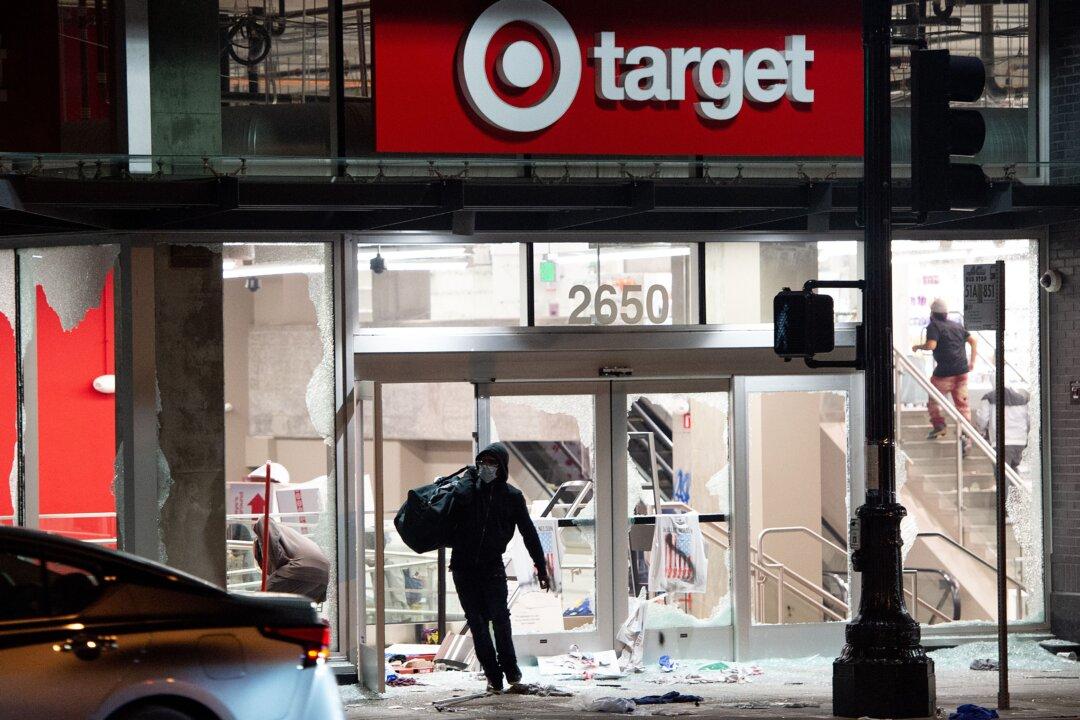Target never sold transgender bathing suits for children, but staff members were threatened by angry customers after the retailer promoted LGBT products during Pride Month, Target CEO Brian Cornell said in a recent interview.
“I’ve seen natural disasters, we’ve seen the impact of COVID leading into the pandemic, some of the violence that took place after George Floyd’s murder. But I would tell you ... what I saw back in May is the first time since I’ve been in this job, where I had store team members saying it’s not safe to come to work,” Mr. Cornell said in a Nov. 2 interview with CNBC.





